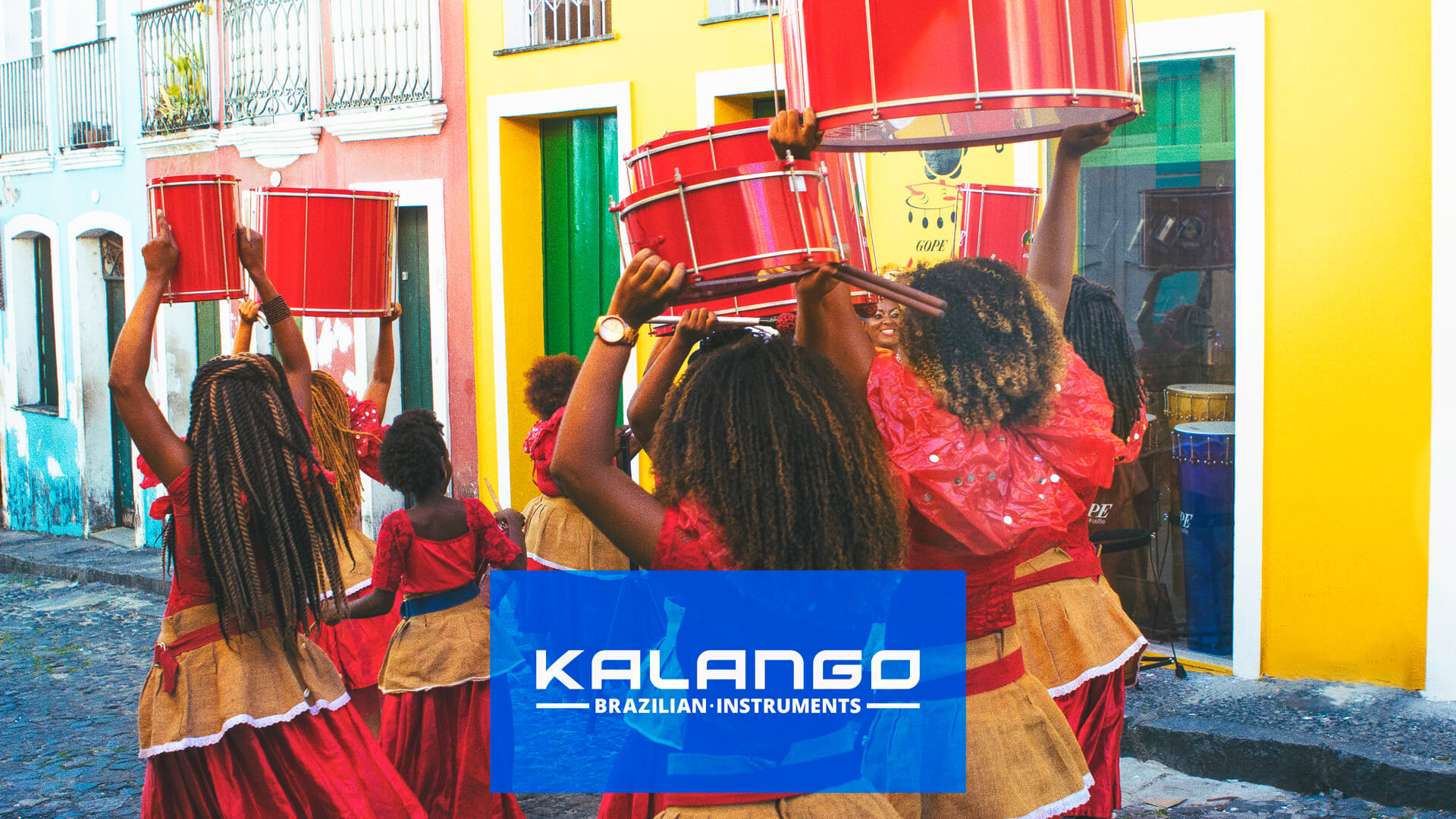When: Saturday, 3.9.2022 - Doors: 19:30
Where: Statthaus Böcklerpark, Prinzenstr. 1, 10969 Berlin
What: Marafoxé Nação Nagô - MARACATU - 20th anniversary
Guests: Anastacia and "Forro in the City" - Valeria Wanda - DJ K'BOKO and special guests - Brazilian food by Bia
Tickets available here: https://bit.ly/3cmbrBu
Facebook Event: https://fb.me/e/1PK8cwRKK
Every reason to celebrate! The Maracatu group "Marafoxé Nação Nagô" is proud of its 20th anniversary - a story that definitely deserves to be told! A journey that has its origins in a favela in the north-east of Brazil, the "Ilha de Joaniero". If you follow the trails of this inspiring adventure, you will find yourself travelling from Recife to Berlin and from Berlin out into the world.
Musical beginnings in the favela Ilha de Joaniero
The group was founded in Pernambuco and has been in Berlin, Germany, for almost 15 years. Maracatu is a Brazilian music style from the north-eastern province of Pernambuco. It has its roots in traditional African music forms and was cultivated by the Afro-Brazilian slaves. Today, it is impossible to imagine the northeast Brazilian carnival without the folkloric and super popular music style of Maracatu.
The group Marafoxé was founded in 2002 in the favela Ilha de Joaneiro by the percussionist Juninho Quebradera, who himself comes from the northeast of Brazil (Recife). The original idea was to create a street parade that combines the two concepts of Afro-cultural music styles "Maracatu" and "Afoxé". A fusion style, you could say.
Fusionstyle Marafoxé - a favela project with a long tradition
Juninho himself grew up in the "Ilha". The Ilha de Joaneiro is a favela on the outskirts of the metropolis Recife in north-eastern Brazil. Hardly anyone pays attention to the Ilha because it is dangerous, dirty and as a result not very inviting. But how incredibly rich in culture it is gets overlooked.
Culture is a resource that is needed like oxygen for survival in the Ilha, and the group wants to share this with everyone as part of their 20th anniversary.
"O tambor é símbolo de nossa riqueza, é sagrado, é fé, fortaleza. Maracatu e suas raizes de tradição, é beleza, é orgulho, é nação - Marafoxé Nação Nagô - 20 anos de história."
"The drum is a symbol of our wealth, it is sacred, it is hope, it gives strength. Maracatu and its traditional roots, beauty, grace, pride - this is Marafoxé Nação Nagô - 20 years of history."









